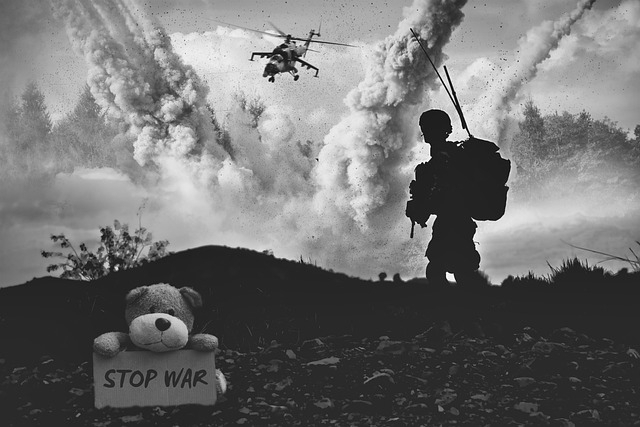Amid renewed tensions between India and Pakistan following a deadly attack in the disputed region of Kashmir, former U.S. President Donald Trump expressed confidence in the two nations’ ability to resolve their differences without external involvement. Speaking during an informal session with reporters, Trump acknowledged the severity of the ongoing issues but emphasized that both countries are capable of finding a solution on their own terms.
The recent wave of hostilities comes after a brutal assault in Pahalgam, a town in Indian-administered Kashmir, where over two dozen individuals were killed. The attack marked the deadliest incident in the region in nearly two decades and reignited long-standing friction between the nuclear-armed neighbors. In response, India took several punitive steps, including suspending the Indus Waters Treaty—a landmark water-sharing agreement dating back to 1960—and closing its primary land border crossing with Pakistan. Pakistan retaliated by halting air access for Indian airlines and suspending bilateral trade, even through third countries.
Trump, while noting the longstanding nature of the Kashmir conflict, refrained from offering direct mediation. He stated that while tensions have historically flared between the two nations, both have strong leadership and the ability to navigate the situation independently. His remarks come at a time when global powers are observing the developments closely, given the risk of escalation between two countries with extensive military capabilities and a turbulent shared history.
The economic fallout of the latest skirmishes is already evident. The Indian stock market experienced a notable drop as investors grew wary of the possibility of broader conflict. Though partial recovery was seen later, market volatility remains a concern. Meanwhile, in Kashmir, Indian security forces have intensified operations, targeting suspected militants and demolishing properties believed to be linked to extremist activities.
Despite the rising rhetoric and actions on both sides, there has been no formal declaration of war, and diplomatic channels remain technically open. However, cross-border exchanges and accusations have significantly reduced the chances of near-term dialogue unless third-party interventions or backchannel communications are initiated.
While Trump’s comments may appear optimistic, the situation between India and Pakistan remains delicate. Relying solely on bilateral resolve may be ideal in theory, but the deep-rooted mistrust and history of conflict between the two nations complicate peaceful resolution. Without structured dialogue, confidence-building measures, and possibly neutral facilitation behind the scenes, tensions could escalate unpredictably.
Nonetheless, avoiding overt external pressure and allowing regional powers to handle their affairs could encourage ownership of peace processes. It remains to be seen whether both countries will seize the opportunity for de-escalation or fall into a cycle of reactive hostilities. Regional stability, economic recovery, and civilian safety hang in the balance.
